Operations
An Interactive Tool Helps School Districts Redesign Their Bus Schedules—and Get Kids a Little More Sleep
Yale SOM operations scholar Zhen Lian and her co-authors created an interactive tool that helped San Francisco reach consensus on school schedules, move start times later, and save millions of dollars in transportation costs.

Blockchain Technology Can Help Consumers Tip Farmers—But Should It?
Apps that track food supply chains could make it easier for customers to tip the farmer who produced their coffee or cocoa. But a new paper suggests that this well-intended feature might reduce farmers’ overall income.
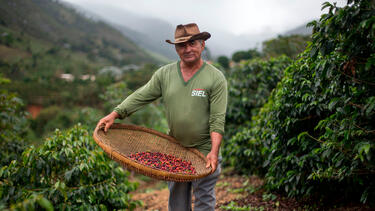
Does the Location of a Hospital Room Affect Quality of Care?
Using data from infrared location tracking tags, Yale SOM’s Lesley Meng and her co-authors determined that nurses visit rooms that are farther from the nurses station less frequently, but for longer.

How Better Mobile Crowdsourcing Can Help Combat Food Waste and Feed the Hungry
Yale SOM’s Vahideh Manshadi and Scott Rodilitz worked with Food Rescue US to hone their strategy for connecting volunteers with food donations. Their findings can help other nonprofits harness the power of crowds for social good.
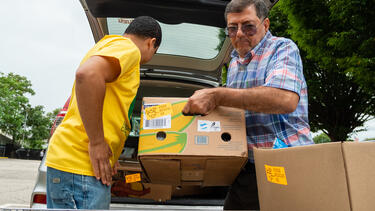
‘Snapshots’ of Migrants in Mexico Suggest U.S. Undocumented Population Is Much Larger than Previous Estimates
A new study from Yale SOM’s Edward Kaplan and Scott Rodilitz, making use of data on migrants who have returned to Mexico, suggests that there are an estimated 19.6 million undocumented immigrants in the United States.

In Defense of (Mathematical) Models
Epidemiological models have played an influential role in governments’ responses to the COVID-19 pandemic. Yale SOM’s Edieal Pinker takes a look back at one of the most influential models and argues that such rigorous efforts at understanding the likely course of the disease, while imperfect, are critical to good decision making.
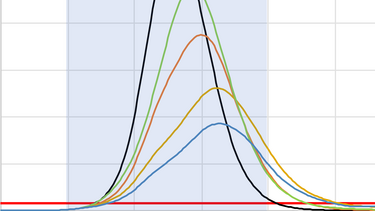
Design, Test, Spread
Nicolas Encina ’10 and his colleagues at Ariadne Labs have been demonstrating the potential of a collaborative, multidisciplinary process for designing and scaling simple improvements to healthcare—and also its limits.
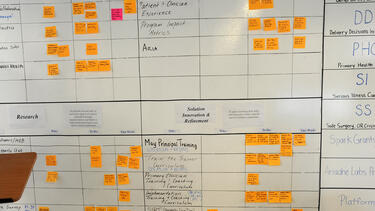
In Estimating COVID-19 Infection Risk, Frequency of an Activity Is Key
With proper precautions, the risk of a day at work, a ride on the bus, or a workout at the gym may be acceptable, write Yale SOM’s Arthur J. Swersey and his co-authors. But that risk compounds dramatically when an activity is repeated day after day.

Study: Controlling COVID-19 Outbreaks in Residential Colleges Requires Frequent Testing
Using a computer model, the researchers found that weekly testing will keep outbreaks under control under relatively optimistic scenarios, but that testing every three days would be more reliable.

Buying and Selling Steel as the Global Supply Chain Frays
Bill Hutton ’83 describes how a U.S. manufacturer is adapting to pandemic lockdowns and seesawing supply and demand across a global supply chain.
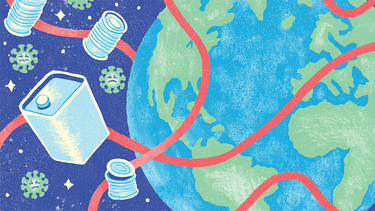
New Outbreaks of Coronavirus Can Be Halted with Isolation Measures, According to Study
Yale SOM’s Edward Kaplan used early reports out of Wuhan to evaluate the likely effectiveness of common tactics, such as isolation of patients and quarantine, in keeping the disease from spreading in new regions.
